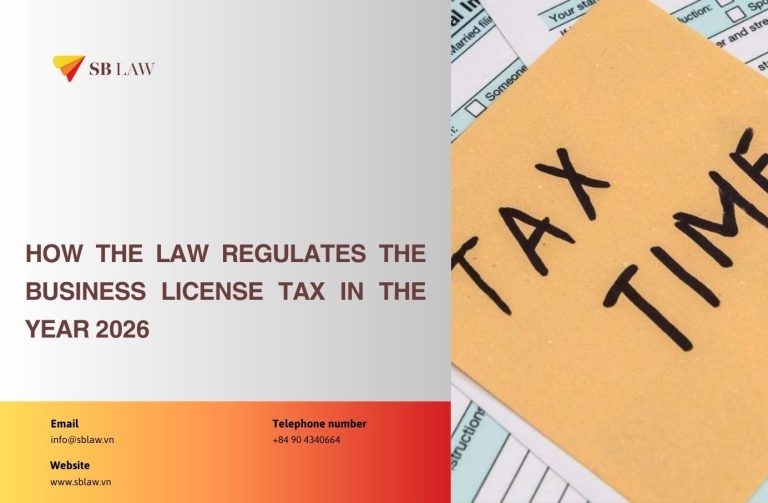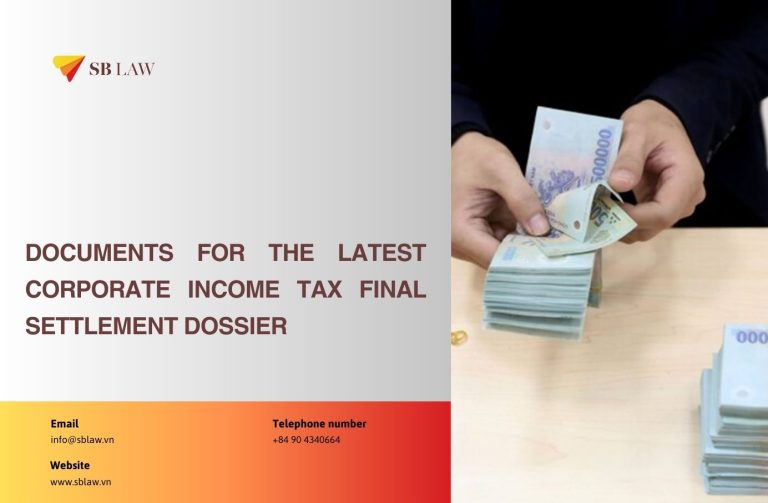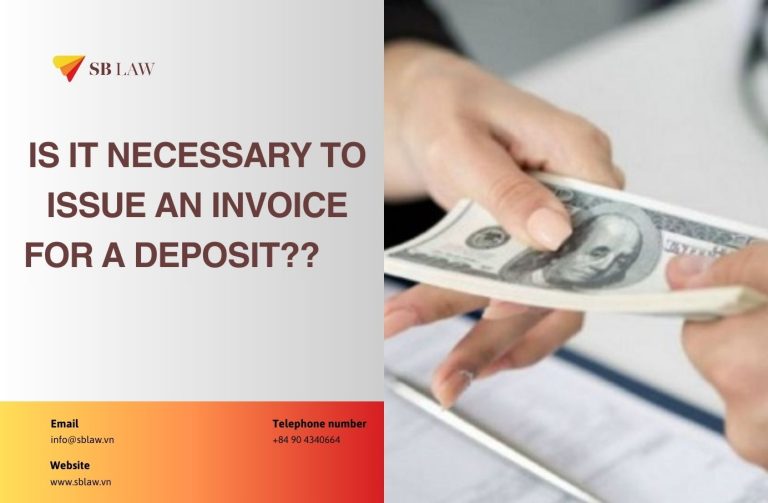Vietnam has attracted many multinational corporations, including those that seek ways to diversify their operations away from China in their ‘China plus One’ manufacturing strategies.
Vietnam’s 87 million-strong population boasts a large and young workforce that has also seen an increase of disposable income in recent years.
Starting from a low economic base in the early 1990s, Vietnam’s economy grew strongly and rapidly before it slowed down during the current global financial crisis. Vietnam’s economy is already bouncing back to pre-crisis growth trends in 2011, and is expected to continue on this path. With a total revenue growth of 25% a year1 even in the time of global economic crisis and domestic economic slowdown, the Vietnamese retail market offers a lot of potential for foreign investors.
Sectors which are welcoming foreign investment include infrastructure, tourism development, and related real estate and retail sector development in urban areas.
Limitations on foreign investment in certain sectors have expired or are due to expire under Vietnam’s WTO commitments.
Other factors that make Vietnam an attractive country for investors include:
• low labour costs;
• a growing consumer market;
• a gradual move from a centralised to a market- oriented economy; and
• introduction and amendments of legislation by the Government to make foreign direct investment more attractive.
Despite the positive changes, it should be noted that a number of barriers to foreign investment in Vietnam still remain. However, this is a diminishing problem as the Government is actively investing in order to improve the country’s infrastructure.
The Socialist Republic of Vietnam is a single-party state. As the only party in the political arena, the role and influence of the Communist Party is unique.
As a member of the World Trading Organisation (‘WTO’), Vietnam must continue to improve its business and investment environment and bolster its legal system to meet WTO requirements.
Vietnam has made significant efforts to ensure that foreign investors are not disadvantaged compared to their local counterparts, including an overhaul of the legal framework governing investments and protection of intellectual property. Furthermore, the government has taken measures to simplify administrative procedures for areas such as import and export, company establishment and making tax payments.
Despite these measures, there remains a host of regulatory issues that must be considered by foreign investors coming into Vietnam. However, foreign investment in
Vietnam continues to grow, and the Government shows its commitment to market-oriented reforms through its ongoing efforts to attract foreign direct investment.




